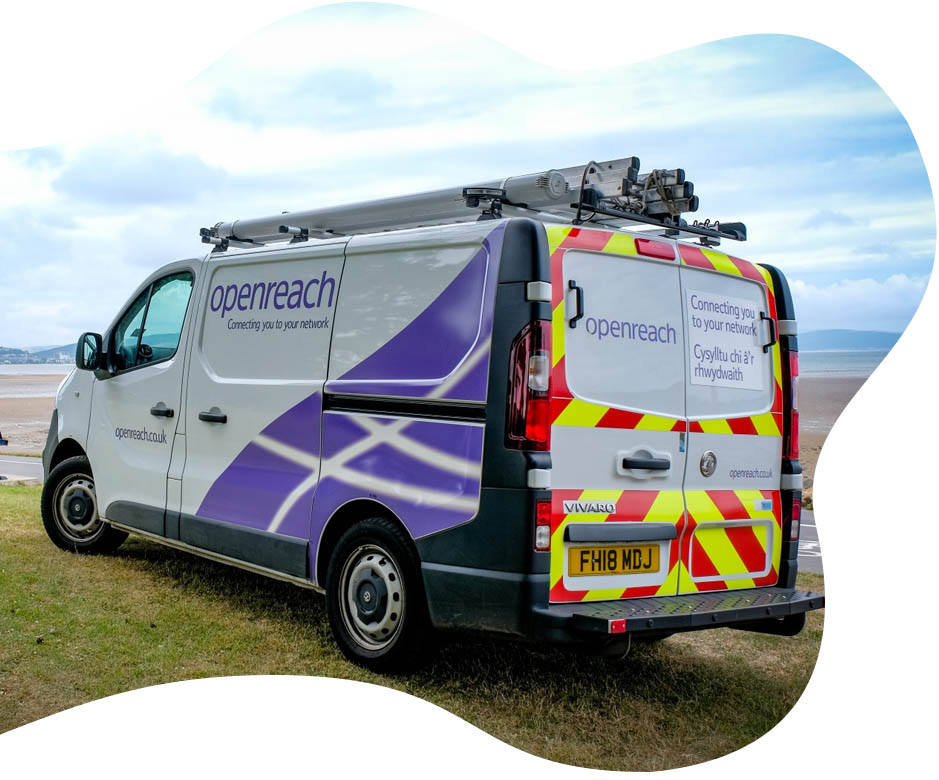
BT Openreach delays PSTN network switch-Off
BT Openreach has announced a delay in the planned switch-off of their Public Switched Telephone Network (PSTN).
In a significant development for the telecommunications industry, BT Openreach has announced a delay in the planned switch-off of their Public Switched Telephone Network (PSTN). Initially slated for December 2025, the timeline has now been extended to ensure a smoother transition for customers and service providers alike. This decision underscores the complexities and challenges associated with migrating millions of users to modern digital networks.
The Background of PSTN and Its Modern Alternatives
PSTN, a traditional circuit-switched telephone network, has been the backbone of telecommunication services for over a century. Despite its reliability, the PSTN infrastructure is aging and increasingly costly to maintain. In recent years, the push towards more advanced digital technologies, such as Voice over Internet Protocol (VoIP) and fibre broadband, has accelerated. These modern alternatives offer superior voice quality, enhanced features, and greater efficiency.
BT Openreach’s original plan to retire the PSTN by December 2025 was part of a broader strategy to modernise the UK’s telecommunication infrastructure. The goal was to transition all voice services to digital platforms, a move expected to yield significant long-term benefits, including cost savings and improved service reliability.
Reasons for the Delay
The decision to delay the switch-off stems from several key factors:
Technical Challenges: Migrating millions of users from PSTN to digital networks is a complex technical undertaking. Ensuring that all customers, particularly those in rural and hard-to-reach areas, have access to reliable and high-speed broadband is a significant logistical challenge.
Customer Readiness: Many businesses had no alternative products to switch to whilst others had alarm systems that utilised existing copper phone lines. Ensuring these users are adequately prepared and have the necessary equipment for the transition requires more time and effort.
Service Provider Preparation: Telecommunications providers need additional time to upgrade their infrastructure and services to accommodate the new digital environment. This includes ensuring compatibility with existing equipment and services that customers currently rely on.
Regulatory and Safety Concerns: There are regulatory requirements and safety concerns to consider, particularly for services like emergency calling and alarm systems that rely on PSTN
The delay in the PSTN switch-off by BT Openreach highlights the complexities involved in modernising a critical piece of national infrastructure. While the extension poses certain challenges, it also provides an opportunity to ensure that the transition is thorough, inclusive, and successful. As the telecommunications industry continues to evolve, the focus remains on delivering reliable, high-quality services to all customers, paving the way for a fully digital future.